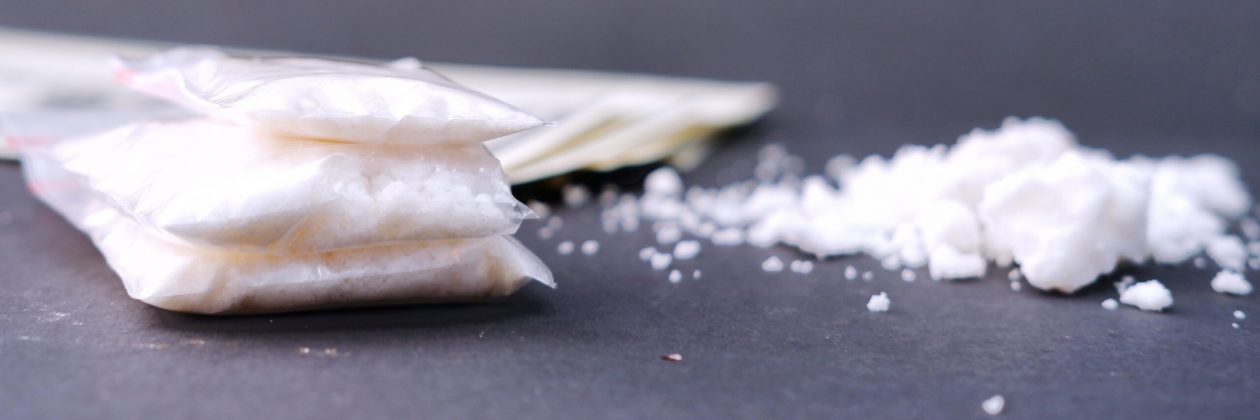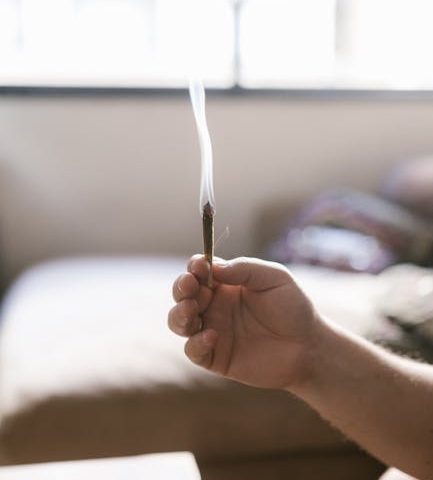Prague, the vibrant capital of the Czech Republic, is known for its rich history, stunning architecture, and lively nightlife. However, beneath its charming surface, Prague has also gained a reputation for its high-quality cocaine. This article delves into the world of cocaine in Prague, exploring its popularity, the factors contributing to its high quality, and the implications of its presence in the city.
Popularity of Cocaine in Prague
Cocaine has become a popular substance among certain segments of Prague’s population, particularly among young adults and those frequenting the city’s nightlife scene. The drug’s allure can be attributed to its perceived exclusivity and the euphoric effects it induces. Despite the risks associated with its use, cocaine remains a sought-after commodity in Prague’s underground drug market.
Factors Contributing to High-Quality Cocaine
Several factors contribute to the high quality of cocaine found in Prague. These include:
- Effective Supply Chain: Prague’s strategic location allows for a relatively stable and efficient supply chain, ensuring that cocaine reaching the city is often of a higher purity and quality compared to other locations.
- Demand and Competition: The high demand for cocaine in Prague, coupled with competition among suppliers, drives the market towards providing higher-quality products to attract and retain customers.
- Regulatory Environment: Although illegal, the nature of drug enforcement in Prague can sometimes inadvertently influence the quality of drugs available, as suppliers may be more cautious and selective in their operations.
Implications and Concerns
The presence of high-quality cocaine in Prague has significant implications for public health, safety, and the legal system. It poses challenges for drug enforcement agencies and healthcare providers, who must contend with the consequences of drug use, including addiction, overdoses, and drug-related crimes. Moreover, the allure of high-quality cocaine can exacerbate drug abuse problems, affecting not only individuals but also their families and the broader community.
Efforts to Combat Drug Abuse and Trafficking
Recognizing the complexity of the issue, authorities in Prague have implemented various strategies to combat drug abuse and trafficking. These efforts include:
- Enhanced Enforcement: Increased patrols in high-risk areas and intelligence-led operations aim to disrupt supply chains and deter drug-related activities.
- Public Awareness Campaigns: Educational programs and campaigns are designed to inform the public about the dangers of drug use, targeting particularly vulnerable groups such as young people.
- Support Services: Access to counseling, rehabilitation, and harm reduction services is being expanded to help individuals struggling with addiction and to reduce the health risks associated with drug use.
International Cooperation
The fight against drug trafficking is not limited to local efforts. Prague, as part of the European Union, participates in international cooperation and agreements aimed at combating drug trade across borders. This cooperation involves:
- Information Sharing: Intelligence on drug trafficking routes, methods, and key figures is shared among countries to enhance the effectiveness of law enforcement operations.
- Joint Operations: Collaborative efforts between law enforcement agencies from different countries lead to more successful interceptions of drug shipments and arrests of traffickers.
- Harmonization of Policies: Efforts to align drug policies and laws across countries can help in creating a more uniform and effective response to drug trafficking and abuse.
The Role of Community
The community plays a vital role in addressing the issue of drug abuse and trafficking in Prague. Local initiatives, such as neighborhood watch programs and community outreach projects, can help in identifying and reporting suspicious activities. Moreover, community support for individuals and families affected by drug use can make a significant difference in their recovery and reintegration into society.
By combining enforcement efforts, public education, support services, international cooperation, and community involvement, Prague aims to reduce the availability and appeal of high-quality cocaine and other drugs, ultimately creating a safer and healthier environment for its residents and visitors.
Challenges in Combating Drug Trafficking
Despite the efforts to curb drug trafficking, Prague faces several challenges in its fight against the illegal drug trade. One of the main obstacles is the evolving nature of drug trafficking, with smugglers constantly adapting their methods to evade detection. This includes the use of encrypted communication channels and complex money laundering schemes, making it difficult for law enforcement agencies to track and intercept drug shipments.
Role of Technology in Drug Trafficking
The advent of dark web marketplaces and cryptocurrencies has further complicated the situation, allowing drug traffickers to operate with a degree of anonymity and security. These platforms enable the online sale of drugs, reaching a wider customer base and making it harder for authorities to track transactions and identify those involved.
Collaboration with International Partners
To effectively combat drug trafficking, Prague recognizes the importance of international cooperation. By working closely with other countries and international organizations, such as Europol and Interpol, Prague can benefit from shared intelligence, best practices, and coordinated efforts to disrupt global drug trafficking networks.
This collaboration includes joint investigations, training programs for law enforcement officials, and exchanges of best practices in drug enforcement and prevention. By leveraging these international partnerships, Prague can enhance its capabilities to tackle the complex issue of drug trafficking.
Impact on Public Health
The availability of high-quality cocaine in Prague also has significant implications for public health. Cocaine use is associated with a range of health risks, including cardiovascular problems, respiratory issues, and increased risk of overdose and death. Furthermore, cocaine use can lead to mental health issues, such as anxiety, paranoia, and psychosis.
To address these health concerns, Prague has implemented various harm reduction strategies, including needle exchange programs, safe consumption sites, and outreach services for drug users. These initiatives aim to reduce the health risks associated with drug use and provide support for individuals struggling with addiction.
Prevention and Education
Prevention and education are key components of Prague’s strategy to combat drug abuse and trafficking. The city has launched public awareness campaigns to inform citizens, particularly young people, about the dangers of drug use and the risks of drug trafficking. These campaigns utilize various media channels, including social media, schools, and community centers, to reach a wide audience.
Additionally, Prague has introduced drug education programs in schools, focusing on the risks and consequences of drug use, as well as life skills and resilience building to help young people make informed choices and resist peer pressure to use drugs.
Support for Vulnerable Groups
Prague recognizes that certain groups, such as young people, immigrants, and individuals with mental health issues, are more vulnerable to drug abuse and trafficking. To address this, the city has established targeted support services, including counseling, mentoring, and outreach programs, to help these individuals and provide them with the support they need to overcome their challenges and make positive life choices.






As someone who has visited Prague, I was surprised to learn about the city\
The article provides a detailed analysis of the factors contributing to the high quality of cocaine in Prague. I was particularly interested in the discussion on the effective supply chain and its impact on the drug market.
Overall, I found this article to be well-researched and thought-provoking. The author raises important questions about the implications of high-quality cocaine in Prague and encourages readers to think critically about the issue.
I appreciate how the article highlights the challenges posed by high-quality cocaine in Prague for drug enforcement agencies and healthcare providers. It\
I found this article to be a fascinating look into the world of cocaine in Prague. The author raises important points about the implications of high-quality cocaine on public health and safety.
The author does a great job of exploring the complexities of the cocaine market in Prague. The discussion on demand and competition among suppliers was particularly insightful.